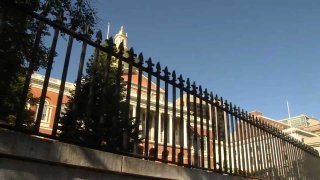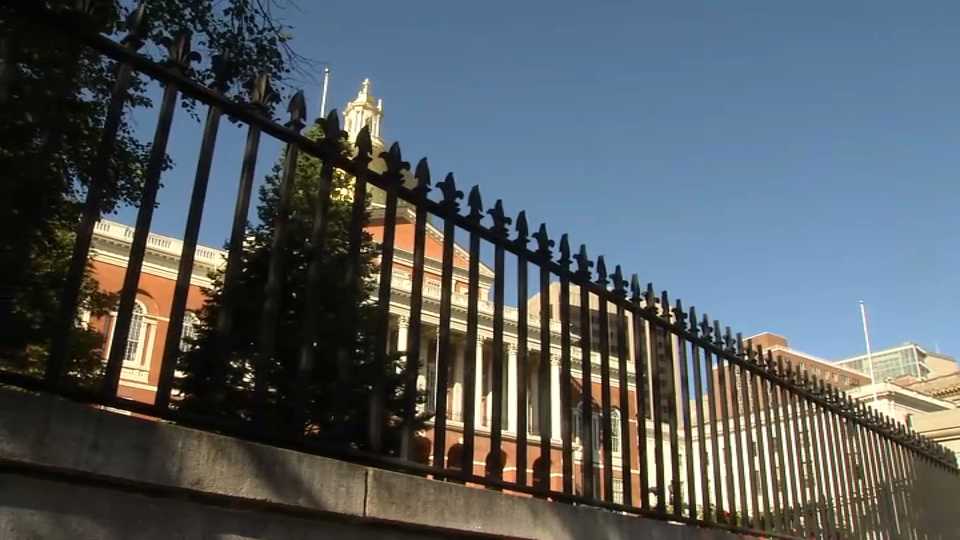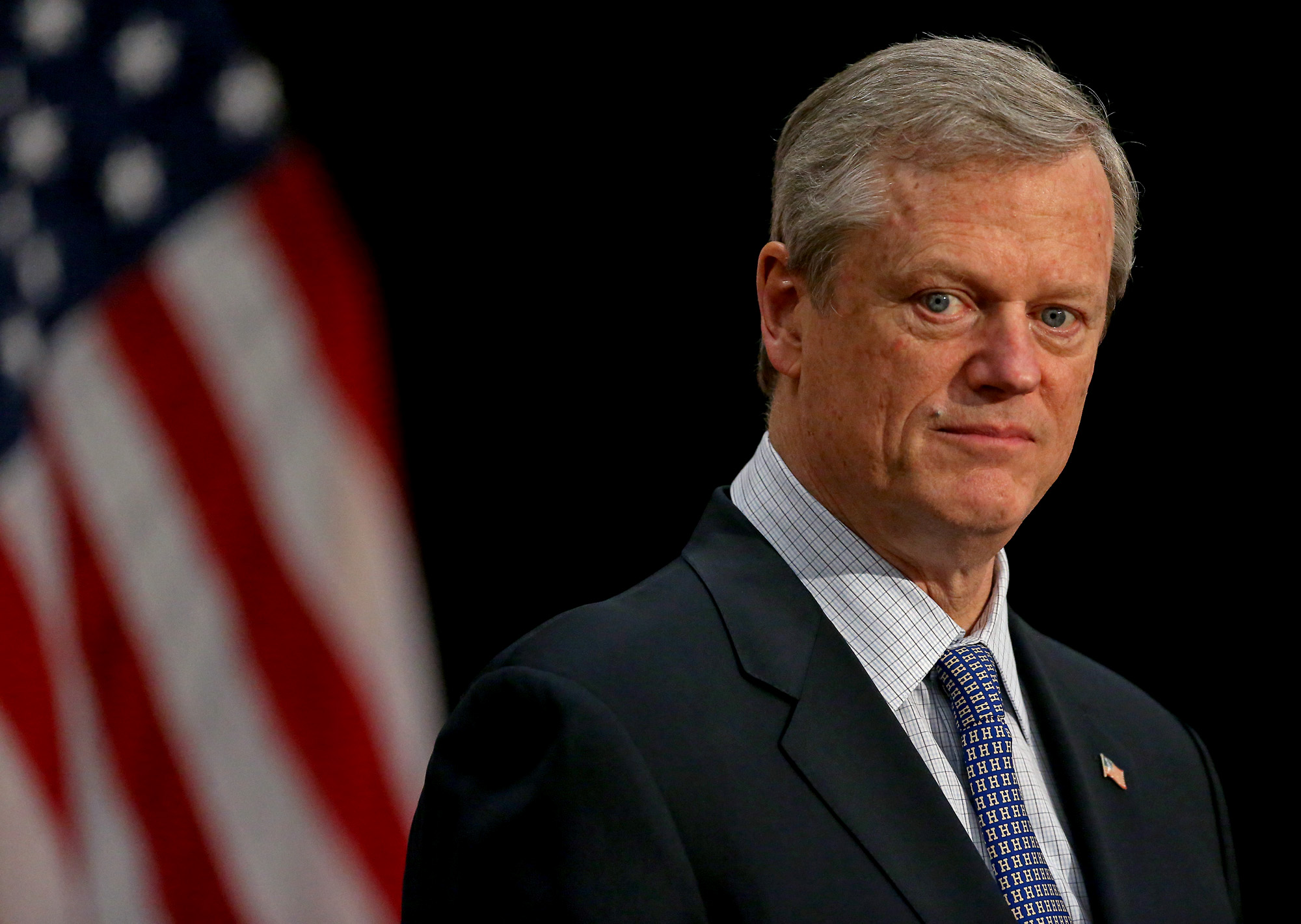
Massachusetts lawmakers gave final approval to a new state budget Friday after House and Senate negotiators reached a deal Thursday on a $48.1 billion spending plan.
When it became clear lawmakers would not have a final budget deal in place for the beginning of the new 2022 fiscal year on July 1, lawmakers approved -- and Republican Gov. Charlie Baker signed -- a temporary month-long budget aimed at keeping the wheels of state government turning through the end of July.
Negotiators who hammered out the final budget deal for the remainder of the fiscal year benefited from an extra $4.2 billion in surging tax revenues over the last six months that outpaced projections agreed to by legislative leaders and the Baker administration when the state was still in the throes of the pandemic.
The tax revenue upgrade allowed budget writers to eliminate the proposed use of one-time revenues, including a plan to tap the state's "rainy day'' or stabilization fund to balance the budget. Despite the surge in tax revenues, the budget doesn't add significant new annual spending not proposed by either the House or Senate, according the business-backed Massachusetts Taxpayers Foundation.
Get Boston local news, weather forecasts, lifestyle and entertainment stories to your inbox. Sign up for NBC Boston’s newsletters.
Instead, the budget sets aside $600 million of the estimated surplus for long-term obligations including $350 million for a trust fund to support the Student Opportunity Act -- which requires more funds be channeled into school systems that have higher percentages of low-income students and English language learners -- and $250 million to make a supplemental payment to the state's unfunded pension liability.
The budget also includes a compromise on the film tax credit by making the tax break permanent.
The tax break has been criticized by some, saying big-budget Hollywood movies don't need a break, but supporters have said it's key to nurturing the state's home-grown film industry. The budget also includes a measure aimed at providing victims of criminal activity enhanced protections under the law by creating statewide standards for the certification of U-visa and T-visa applications for victims of violent crime and human trafficking.
Baker had also proposed a two-month, tax-free holiday in part because the state had taken in so much more revenue than expected.
Baker had said he wanted to reward Massachusetts residents by giving some of that money back in the form of an extended tax-free period. The idea was quickly shelved by Democratic legislative leaders who said the state should stick to its traditional tax-free summer weekend -- this year planned for Aug. 14-15.
A Senate proposal that would have placed fees on Uber and Lyft rides and used the money for transportation needs failed to be included in the final budget. The budget also failed to include Senate language that would have let lottery players use their debit cards to buy lottery tickets.
The budget process this year stretched beyond the beginning of the new fiscal year. As is typical, the separate versions of the state budget approved by each chamber had to go to a six-member conference committee made up of three House and three Senate members to hammer out a single, compromise budget. That version headed back to each chamber for a final up or down vote -- the budget cannot be amended at this point in the process -- before it could be shipped to Baker's desk for his signature.
That final vote came Friday afternoon.
Baker has 10 days to issue vetoes. Democrats have large enough majorities in both chambers to override those vetoes if they want.



